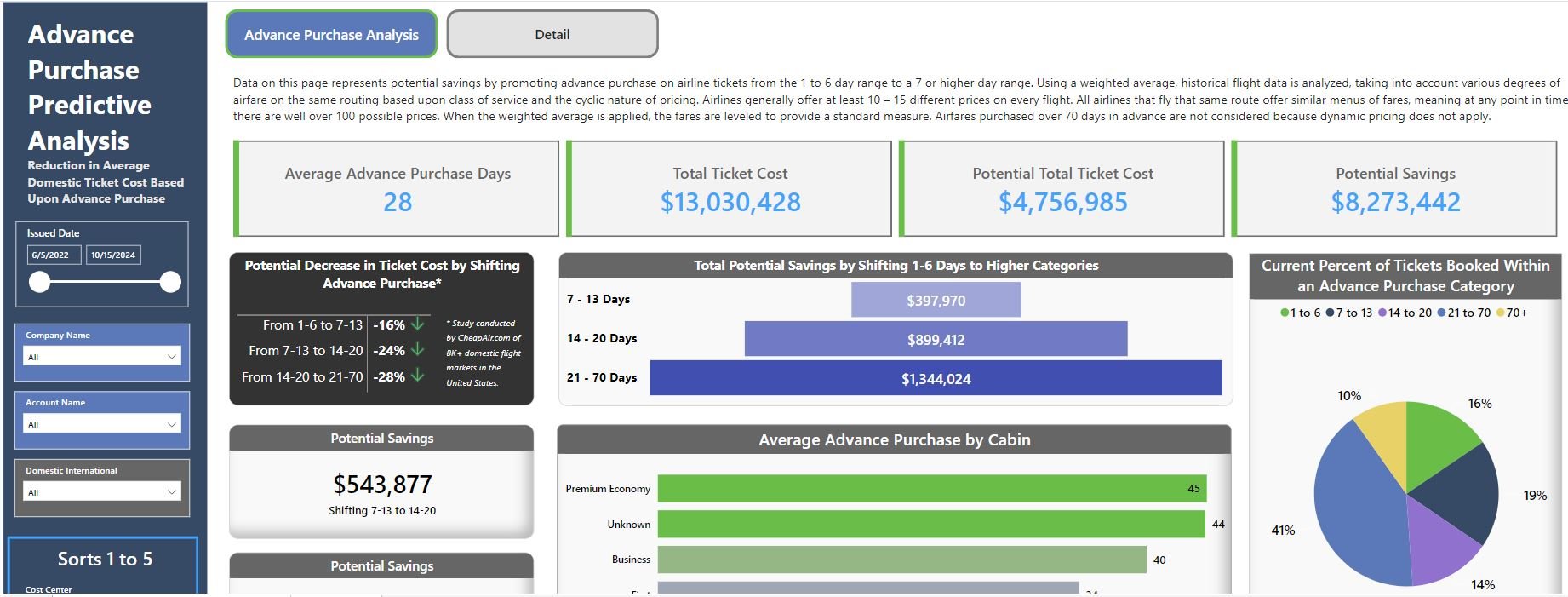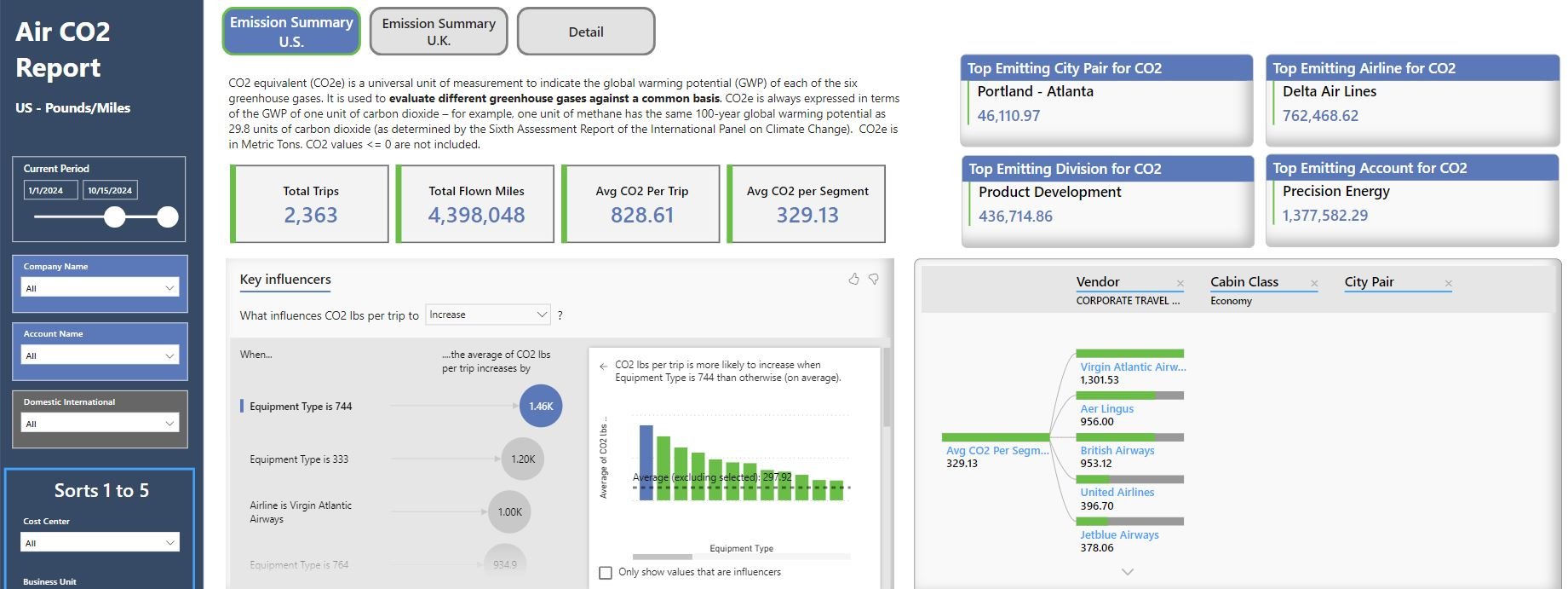Travel Agency Challenges in 2025 and How to Address Them
The travel industry has always been dynamic, but in 2025, travel agencies face a unique set of challenges. From evolving customer expectations to technological advancements and regulatory complexities, agencies must adapt to stay competitive. Here’s a look at the key challenges and strategies to overcome them.
1. Navigating Economic Uncertainty
Fluctuating global economies, inflation, and rising operational costs are putting pressure on travel agencies. Customers are increasingly price-sensitive, seeking maximum value for their budgets.
Solution: Agencies can leverage advanced financial reporting and analytics to track spending trends, identify cost-saving opportunities, and optimize pricing strategies. Access to data allows agencies to adjust their offerings dynamically, ensuring they remain competitive while maintaining profitability. Detailed financial dashboards can provide actionable insights, helping agencies allocate resources effectively and identify potential revenue streams.
2. Keeping Up with Technology Trends
Artificial intelligence, automation, and data analytics are reshaping the travel industry. However, many agencies struggle with integrating new technologies into their existing operations.
Solution: Implementing a centralized data-driven platform can streamline booking, reporting, and customer interactions. Automation tools can reduce manual workload, improve accuracy, and enhance overall efficiency. By leveraging insights, agencies can make informed decisions that improve service quality and operational effectiveness. Intelligent automation can also support agents with smart recommendations, ensuring seamless customer interactions and reducing response times.
3. Personalization Expectations
Travelers today demand highly customized experiences, from unique itineraries to seamless communication across multiple channels. Generic travel packages no longer cut it.
Solution: Utilizing AI-powered analytics, agencies can assess traveler spending trends and past booking behavior. Intelligent booking platforms can provide updates and tailored options, enhancing customer satisfaction and retention. Machine learning can further refine recommendations by analyzing customer feedback and trends, ensuring agencies continuously improve their service offerings.
4. Compliance and Regulatory Changes
From sustainability regulations to data privacy laws, compliance requirements are becoming more complex. Non-compliance can lead to fines or reputational damage.
Solution: Automated compliance tracking ensures agencies stay up-to-date with the latest regulations, reducing the risk of penalties. Centralized reporting tools can simplify the process of managing and documenting compliance-related data, ensuring transparency and accuracy in record-keeping. Integration with regulatory databases can help agencies stay ahead of changing policies, reducing the manual burden of compliance management.
5. Managing Supplier and Airline Disruptions
Flight cancellations, supplier bankruptcies, and logistical disruptions remain persistent concerns. These issues can quickly escalate into customer dissatisfaction.
Solution: Monitoring systems provide agencies with instant access to supplier and airline updates, allowing for proactive problem-solving. Automated alerts and alternative itinerary suggestions ensure customers receive timely assistance, minimizing frustration and enhancing their travel experience. Predictive analytics can also help agencies anticipate potential disruptions and proactively adjust travel plans before they become major issues.
6. Cybersecurity and Data Protection
With an increasing reliance on digital platforms, travel agencies are prime targets for cyber threats. Data breaches can lead to financial losses and damage to client trust.
Solution: Implementing robust cybersecurity protocols, including secure access controls, encrypted transactions, and automated fraud detection, can safeguard sensitive client information. Regular system audits and real-time security monitoring help agencies mitigate risks and maintain compliance with data protection regulations. Multi-layered security frameworks, including biometric authentication and AI-driven threat detection, can further enhance cybersecurity defenses.
7. Sustainability and ESG Compliance
Sustainability and environmental, social, and governance (ESG) initiatives are becoming critical considerations for corporate and leisure travelers alike. Many clients now prioritize eco-friendly travel options, carbon footprint reduction, and responsible tourism practices. However, meeting these expectations while balancing cost and operational feasibility can be a challenge for travel agencies.
Solution: Agencies can utilize data analytics to track and report on sustainable travel metrics, helping clients align their travel choices with ESG goals. Integrating carbon offset programs, offering eco-certified accommodations, and partnering with sustainable suppliers can enhance an agency’s value proposition. Providing clients with transparency on the environmental impact of their trips through automated sustainability reporting can also set agencies apart in an increasingly eco-conscious market.
Conclusion
While 2025 presents a host of challenges for travel agencies, those that embrace innovation, data-driven decision-making, and customer-centric strategies will continue to thrive. By proactively addressing these hurdles with intelligent technology solutions, agencies can future-proof their business and provide exceptional service in an ever-evolving travel landscape.




